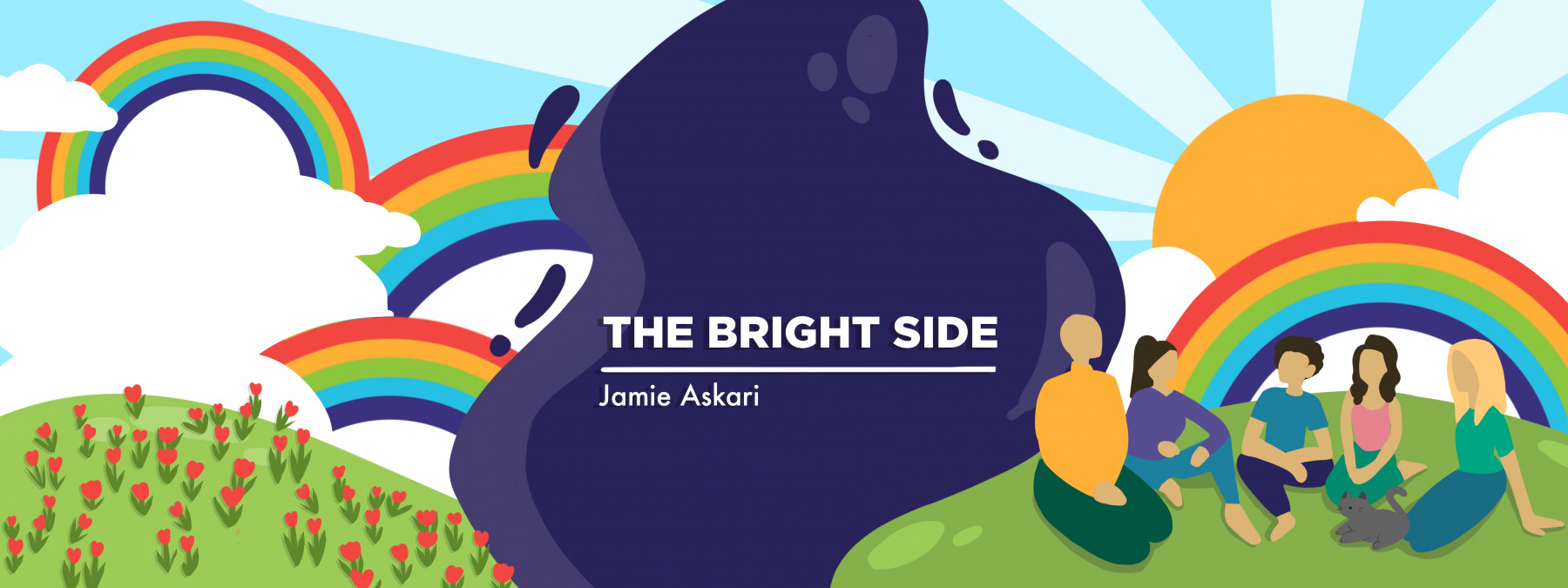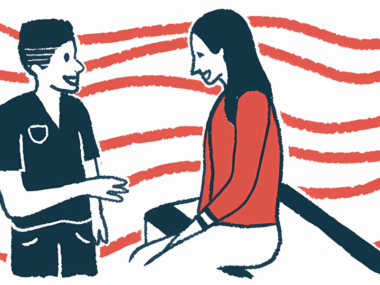Lessons from a mama bird about giving care to loved ones
What a mourning dove taught me about navigating life with Parkinson's
Written by |

I’ve always heard that mourning doves symbolize peace, hope, renewal, and love. While I’m unsure if this old wives’ tale is accurate, I can be sure that the nest of mourning doves on my patio brings me abundant happiness and a sense of peace.
Almost immediately after we moved into our home two years ago, we noticed that birds seemed to love it almost as much as we did. It’s a new home with a wooded area behind it, and the birds needed a place to build their nests after many trees were removed to build our house. There are currently three visible nests around our home, and possibly more that we haven’t noticed.
Because my husband, Arman, isn’t an animal lover (or liker, for that matter), I had to fight him not to remove the nests. Luckily for me, it’s illegal to remove an active bird’s nest, so I had the law on my side.
It’s the same pattern every summer: The mother dove dedicates herself to her babies until they’re ready to fly the coop. As a mother and caregiver myself (Arman lives with Parkinson’s disease), I’m genuinely in awe of her tireless commitment to her babies. It’s simply incredible to watch.
A few weeks ago, I was heating our grill and had to go near one of the nests. I was shocked to see that one of the baby doves had fallen from the nest and was on the ground. The mama bird watched me intently as I checked the baby for signs of life. My son and I were devastated and were sure that she hadn’t survived the fall. I went to bed that night with a heavy heart and wondered what would happen overnight.
The following day, to my surprise, the baby bird had moved to a different spot. She was alive! It felt almost like a miracle to us.
Having zero bird-care experience, I sought guidance from the local nature center. They advised monitoring the situation from a distance and letting the mama bird do her job.
In the days that followed, I was beyond impressed with the mama. She somehow managed to get her baby, who couldn’t fly yet, back into the nest. She watched over her 24/7 and only took a break to get food for her baby. The baby bird had gotten so large that the mama couldn’t fit in the nest, so she sat directly next to it, squeezed beside the gutter.
I felt a strong connection with the mama bird. Strange as it may seem, I learned many valuable lessons from watching her and her beautiful baby.
Lessons on giving care
She reminded me never to give up, even when the situation is difficult. As a caregiver to my husband with early-onset Parkinson’s disease, our days are filled with doctor and specialist appointments, insurance battles over medication coverage, debilitating symptoms, and a multitude of unpredictable obstacles. Despite these challenges, we never give up and keep moving forward.
The mother bird was a dedicated caregiver, and I can relate to her steadfast commitment. Caregiving goes hand in hand with selflessness, and I always put the needs of my husband and family before my own. At times, that can take a toll on me, and I’m working on practicing self-care, but I know my husband would do the same for me if the situation were reversed.
A few weeks have passed, and the mama and her baby bird have gone. I think it’s safe to assume that’s exactly what’s supposed to happen, as they can’t stay in their tiny nest in my gutter forever.
It’s only September, but I’m already looking forward to next summer and the mama bird’s return. I can’t wait to see the baby birds that she will bring, as well as the lessons that she will teach me.
Note: Parkinson’s News Today is strictly a news and information website about the disease. It does not provide medical advice, diagnosis, or treatment. This content is not intended to be a substitute for professional medical advice, diagnosis, or treatment. Always seek the advice of your physician or another qualified health provider with any questions you may have regarding a medical condition. Never disregard professional medical advice or delay in seeking it because of something you have read on this website. The opinions expressed in this column are not those of Parkinson’s News Today or its parent company, Bionews, and are intended to spark discussion about issues pertaining to Parkinson’s disease.






Leave a comment
Fill in the required fields to post. Your email address will not be published.